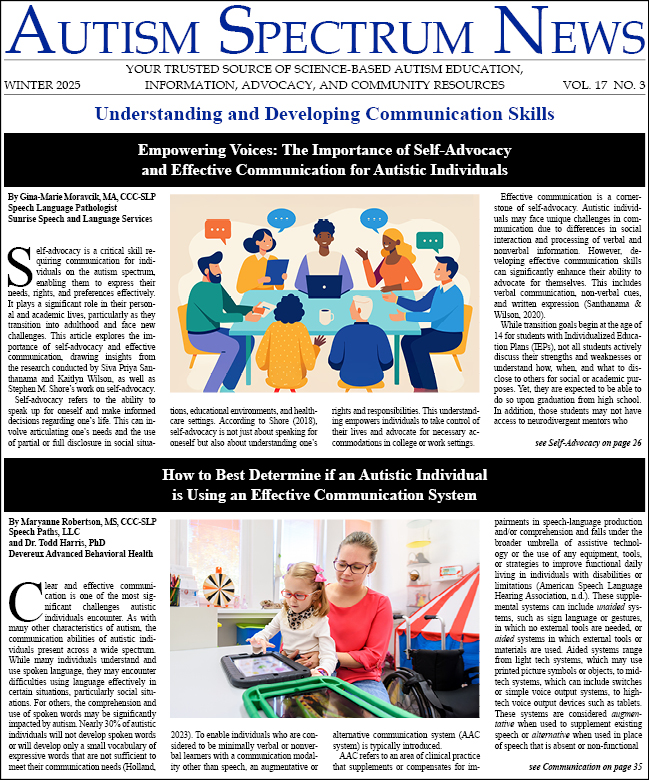How you ever thought of your loved one with an autism spectrum disorder (ASD) having the ability to drive? Are you worried about how one can drive, despite being on the autism spectrum? I am writing as someone with ASD who has had their license for over a year, and I want to light a path for parents and individuals to consider. My state (CT) has typically avoided addressing the ASD-related driving inhibitions, despite various workshops and presentations I seen over the last five years addressing those with special needs. I do not blame them; Autism is complex. While there may not be many resources or places to turn to for these needs in your area, the span and outreach of knowledge is growing. At Planning Across The Spectrum, learning to drive has become an integral part in our coaching the transition process. The following topics include what I believe to be among the most important things for parents and individuals to consider when tackling the topic of driving.

Motivation
The first aspect to consider is the motivation of the individual who wants to drive. We all have a reason to drive. Some of these include employment, college, socialization, or just enjoyment. All of these revolve around the freedom to do something so important for ourselves and our own care. My personal motivation was a combination of employment, socialization, and just self-improvement. I wanted to stay in my work field, which is the autism community. Most jobs in the autism field require the need to travel a certain number of miles to do the job. During the time period I was working towards my driver’s license, I was also working towards my Associate Degree as a Disability Specialist. As I started closing in on the end of my college degree, I realized that I needed the driver’s license to keep improving myself as a person and navigate the professional world. It was that motivation and determination that helped set up the path to getting my license. I believe once an individual’s motivation is established, it can light up some possible paths to take to take up driving. There is no time frame on this; I got my license when I at 25 years old. If you want to do it, finding your motivation is key.

Andrew Arboe
A Support Team
The second aspect I find important is to know your support team and make sure they are 100% on board. I speak at organizations in my state and constantly note recurring themes of power struggles between teens/young adults and their parents. There are so many cases where the parents support (or even force the issue) their teen/young adult or the individual interested in driving, but also struggle with the idea of giving and trusting their loved one with the responsibility.
In my case, my father was nervous about me driving because of my autism. He was worried that I would lose focus on the road and in traffic. The beginning was difficult because of that dynamic, and I learned to hate the words “pay attention” because of my mind associating it with the autism. My dad had a “just do it” attitude while I just needed more time to get used to it and more opportunities to learn, which is not something I was receiving. My saving grace was being hired for a position in the ASD community that was 45 minutes away from home once a week. My father would let me drive there and home and it was the perfect opportunity to build my skills. As the weeks went on, my dad became more comfortable about me driving and let me practice more and more.
My advice to the parents of those in a similar situation as mine is to follow the pace of the person who is learning. If you are their teacher, allow them to practice. Be patient. Allow them to make mistakes. Listen to what they are telling you and asking of you. Start slow and build up as skills improve. If you are the learner, ask for what you need. It will get better. You will get better. When my father finally commended me for how much I had improved, it was exactly what I needed to hear and really helped my motivation. All parties need to understand that anxiety is going to play a major role in this, and it is going to take time. There is no magic timeframe to learn here, no magic age. I was 25, my co-worker was 40. Take it slow. Listen to each other. Let it happen as everyone is ready.
Use Your Community
The third thing to focus on is to use your community. Look into driving schools or find friends in the community that can help. Don’t be afraid to ask for help. My father was my primary teacher, but I had friends and other individuals that helped throughout the process. Some helped with improving my parking skills, some helped take me out on the highway, some were better at explaining the laws, etc. Together using their individual strengths, I became a well-rounded driver. I find that it is a good idea to have different people helping the individual because it allows the opportunity of the individual to have different accounts on their progress. For driving schools, look at the reputation of local areas and ask if they ever had any experiencing teaching people with ASD how to drive. This doesn’t mean you have to disclose anything or even give your name—just ask questions. The driving school I attended was very supportive, and using them gave me access to tools I wouldn’t have at home (such as a vehicle that the teacher can also control if something goes wrong, helping alleviate my anxiety). As I discovered, there are many resources that are out there, but hidden away and one must find them. Do your research and ask questions.
Summary
Driving is a scary topic in the ASD world. I do have to say that choosing not to drive at all is a valid choice and there are always different transportation options. Choosing to drive or not will not determine your success or value. It is one of many options, and one that I believe can be attainable with the right tools, team, and community.
Andrew Arboe is a self-advocate in the New England area who specializes in the autism field and provides public speaking to autism/disability organizations. Andrew can be contacted by emailing arboea@gmail.com. For more information, please visit andrewarboe.weebly.com.




Love the article and would love to share my insights as an autistic professional driver license evaluator.
[…] How to Navigate the Topic of Driving with Autism see article […]